Sleep is a key part of our well-being. One important factor is temperature. Many people don’t realize how much temperature affects sleep quality. Now, experts agree that controlling temperature is key for a good night’s sleep.
This blog post will explain how temperature impacts sleep and health. It will also give you tips to make your sleep environment better. Learn why temperature matters and how to set it right.
Why Temperature is Important for Better Sleep
The link between temperature and sleep is well-studied. When you sleep, your body temperature naturally drops. This helps you rest better. But, if your bedroom is too hot or cold, it can make it harder to sleep well.
Temperature affects sleep quality. If you are too hot or too cold, it can mess with your sleep patterns. Knowing how temperature affects your sleep can help you adjust your room to improve rest.
During Sleep: Thermoregulation of the Body
Thermoregulation is key for good sleep. At night, your body naturally cools down in preparation for sleep. This drop in body temperature happens as melatonin levels rise. Melatonin, known as the “sleep hormone,” helps you fall asleep and regulates body temperature.
As melatonin increases, your body temperature drops, reaching its lowest point around 3 AM. If your room is too warm, it can disrupt this process. Your body will struggle to cool down, making it harder to stay asleep.
If it’s too cold, your body works harder to stay warm, which can keep you from entering deep sleep. This makes it harder to rest well and feel refreshed.
Perfect Room Temperature for Sleep
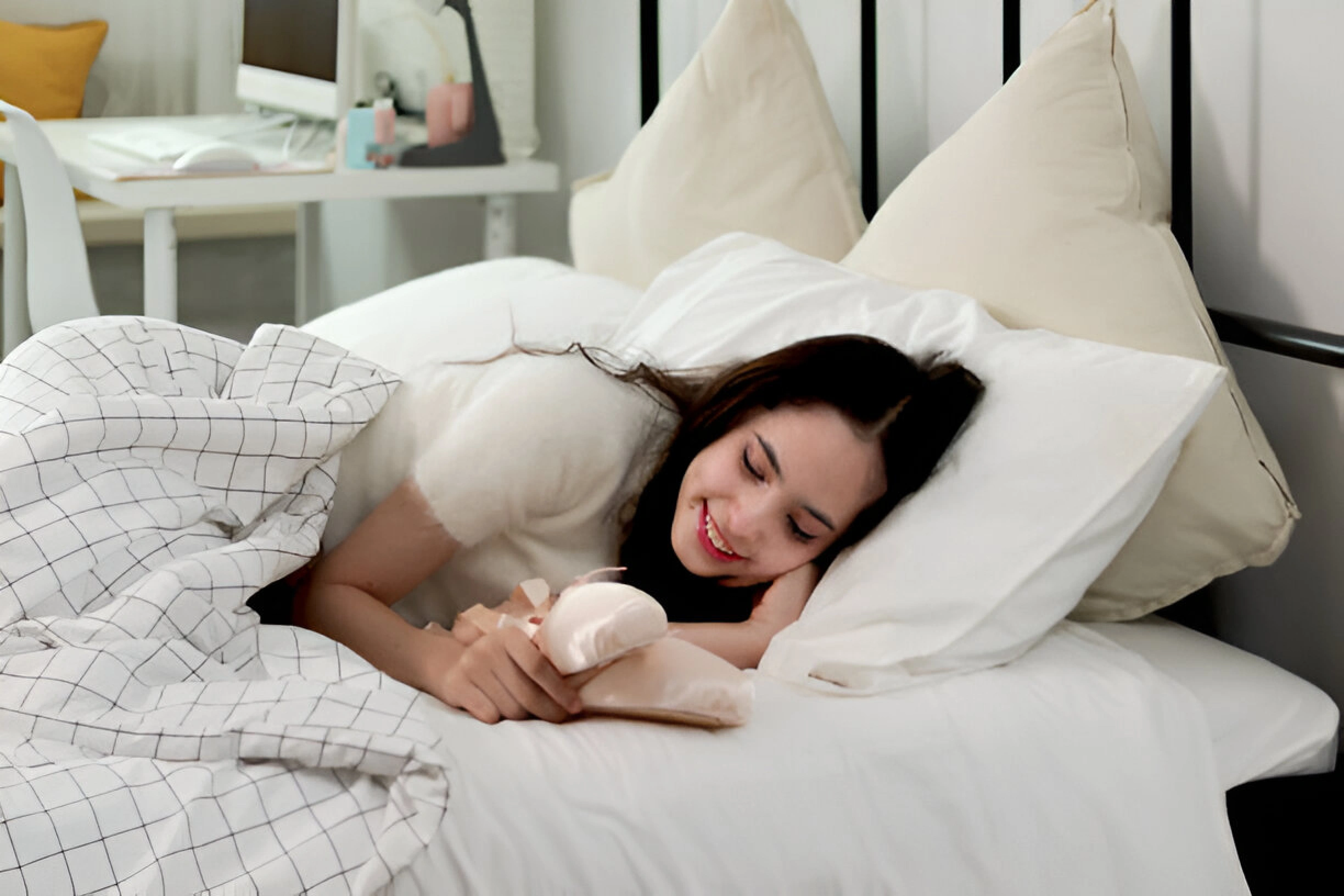
Temperature is key for good sleep. What is the best room temperature? Studies show that the perfect range is 64-75°F (18-24°C) for most people. This range lets your body cool down naturally, helping you sleep well all night.
Everyone likes different things. You may prefer a warmer or cooler room. But the range above works well for most people. Knowing how temperature affects your sleep can help you make the best choice for your room.
How The Environment Affects Temperature Regulation
Many things in your room can affect how your body stays at the right temperature:
Bedding Choices:The fabric and thickness of your bedding matter. Cotton and bamboo are light and let air flow, which keeps you cool.
Mattress materials: Memory foam mattresses feel soft but can get hot. This makes it hard for your body to cool down.
Cooling Mattresses: Some memory foam and latex mattresses have a gel layer. These are good for people who get too warm at night.
Airflow and Humidity: Good ventilation helps keep your room cool. High humidity can make your skin sweaty and cause poor sleep.
Warmth: Human skin should be dry during sleep, but in high humidity, skin moisture can increase and cause sleep disruption.
The Impact of Temperature Regulation on Sleep Stages
Temperature affects your sleep. As your body cools, it helps you sleep deeper. This is important for REM (Rapid Eye Movement) sleep. During REM, your body heals, stores memories, and prepares for the next day.
If the temperature is wrong, it can disrupt your deep sleep. This can make you feel tired, unfocused, and hurt your health. Understanding how temperature affects sleep can help you feel better.
How Sleep Disorders Cause a Disruption in Temperature Regulation
Sleep problems, like insomnia and sleep apnea, can mess with temperature. People with sleep apnea often sweat when their breathing stops. If the room is too warm, they may struggle to sleep again.
Some older adults and people with insomnia can feel better by changing the room temperature.
Making your room cooler can help your brain know it’s time to sleep. This can help you relax and fight insomnia. Temperature control is a simple way to improve sleep.
How to Keep the Perfect Sleep Temperature
Now that you know temperature is important for sleep, let’s create the perfect sleep environment.
- Buy a Smart Thermostat: A smart thermostat controls the room temperature. It adjusts to your body’s natural rhythm for better sleep.
- Choose Breathable Fabrics: Use light fabrics like cotton. These materials allow air to flow and keep you cool at night.
- After a shower/bath: A warm shower raises your body temperature. This can make it harder to sleep, so avoid it right before bed.
- Say No To Heavy Meals and Caffeine: Big meals and caffeine raise your body temperature. Stick to light snacks and avoid caffeine before sleep.
- Switch Off Electronics: Electronics produce heat. Turning them off before bed helps control room temperature.
- Use Cooling Devices: Cooling pads, fans, or special mattresses can help keep you cool and improve your sleep.
Thermoregulation and Ecotypes
Temperature affects sleep in different ways for everyone. Some people are more sensitive to heat or cold. For example:
- Babies: Babies can’t control body temperature. Keep them cool and dress them lightly.
- Senior citizens: Older people may feel too hot or cold. They may need extra help with temperature control.
Active People: Athletes can feel warm after exercise. A cooler room helps them sleep and recover.
In short: The impact of thermoregulation on sleep
Control the room temperature for better sleep. Make sure the temperature is just right for you and your partner.
Use these tips to reduce sleep problems caused by temperature. You’ll wake up feeling refreshed and healthy.
Creating the Perfect Sleep Experience
Sleep is essential for our well-being. And one of the most important factors for quality sleep is temperature. A lot of people don’t realize how much the temperature in your room can affect your rest. But experts now agree—getting the temperature right is a must for a good night’s sleep.
I want to share how temperature impacts our sleep and health, and give you some tips to help you create the best sleep environment. After reading this, you’ll know why temperature matters and how to adjust it to improve your sleep.
FAQs on Temperature and Sleep
Read More:
How to Choose the Perfect Mattress for Your Sleep Style?
Hybrid vs Memory Foam Mattresses: Which Is Best for You?
5 Benefits of Chiropractor-Approved Mattresses
The Importance of Zoned Spinal Support for Sleepers
How to Prolong the Life of Your Mattress: Expert Tips
Comparing Mattress Sizes: Twin, Full, Queen, and King

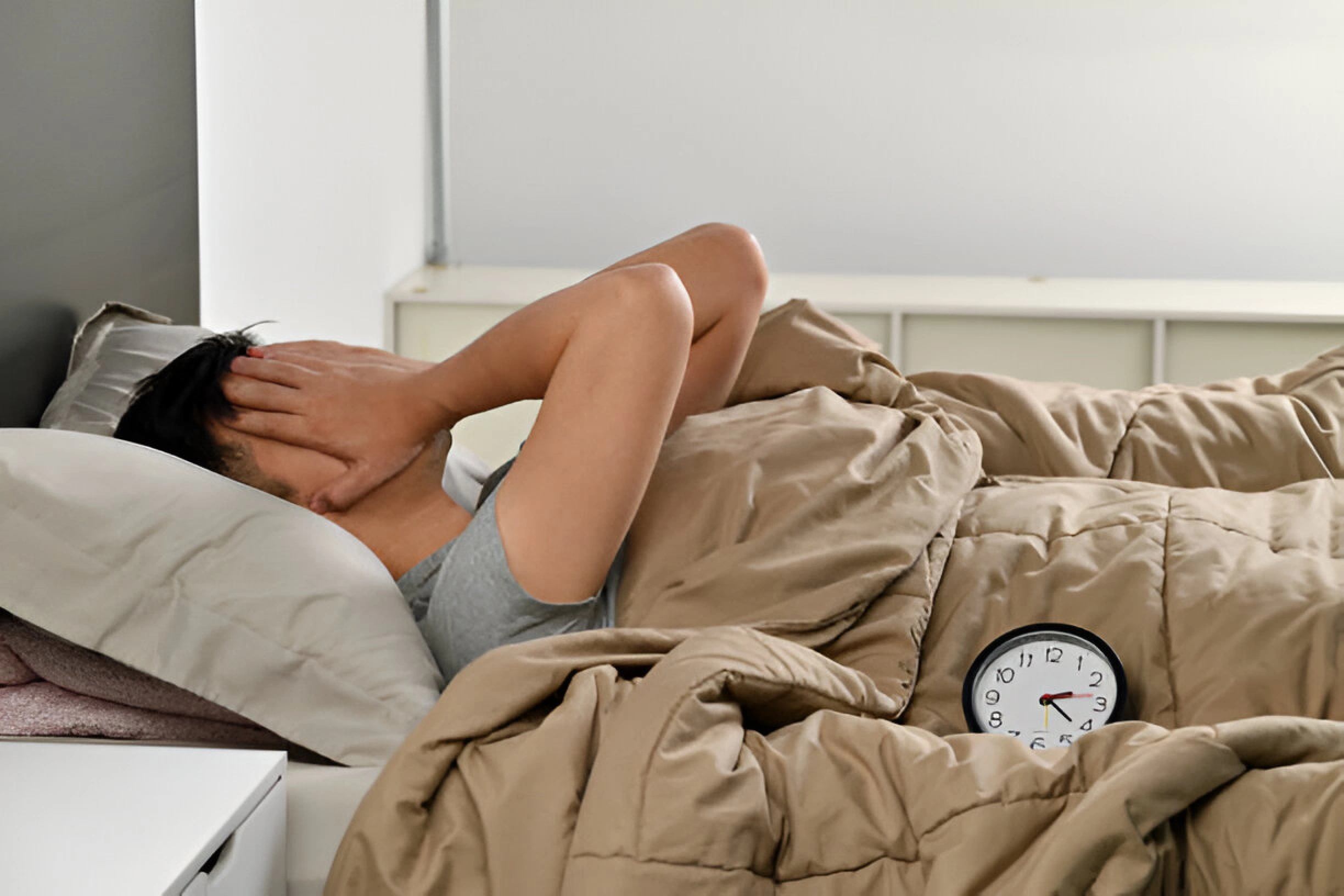
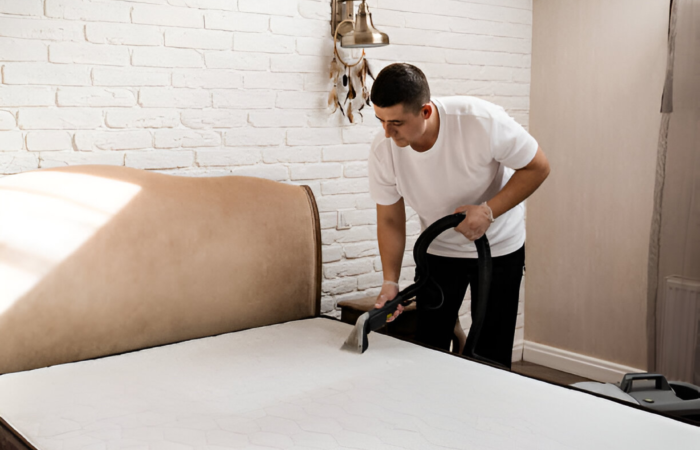
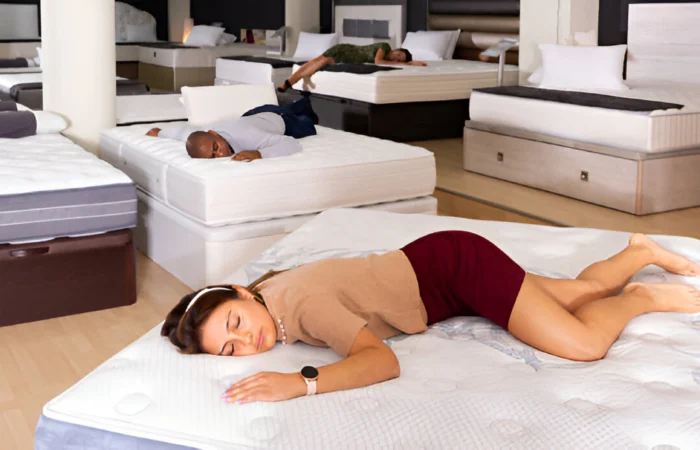
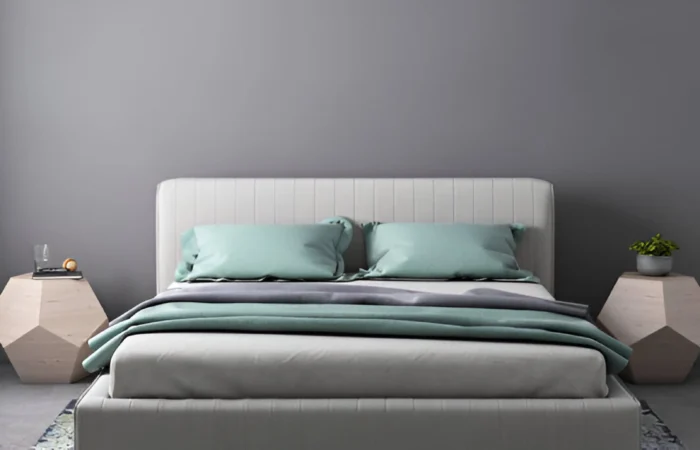
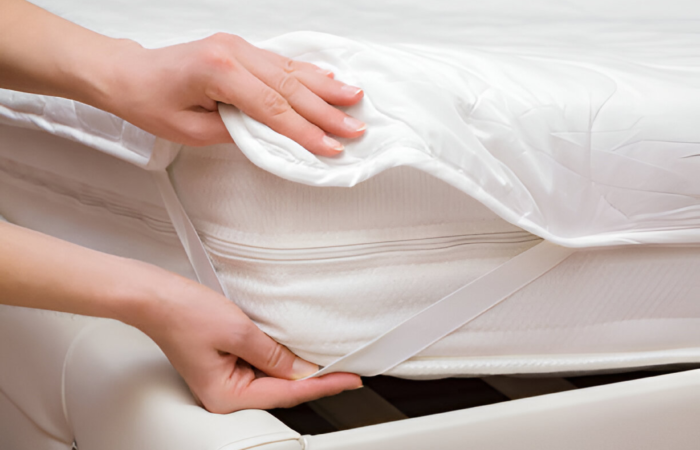




Leave Your Comment: